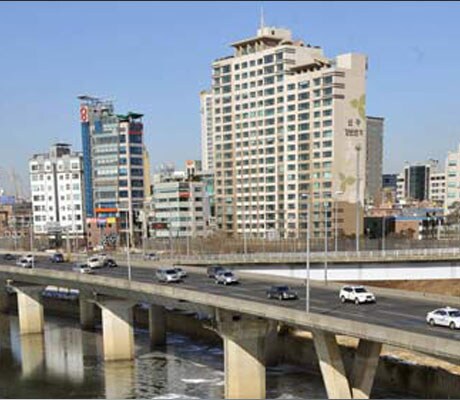Thursday, March 10, 2011
updated : S. Korea accuses N. Korea over communications attack
North Korea is thought to have beamed signals from two locations to try to jam military communications in South Korea but the attempt failed, Seoul's defence minister said on Wednesday.
The jamming, which began last Friday, coincided with major US and South Korean war games south of the border and with cyber attacks on key government websites.
Defence Minister Kim Kwan-Jin told a parliamentary session that signals had been emitted from the western border city of Kaesong and also apparently from Mount Kumgang on the east coast.
"Besides Kaesong, Mount Kumgang is believed to be a site where jamming signals originated," a participant quoted Kim as telling the closed-door session.
It was the first time Mount Kumgang had been mentioned as a potential origin of the electronic attacks to disrupt navigational devices using Global Positioning Systems.
Kim said the attempt was ineffective because most military devices use a military-only satellite navigation system.
"To cope with a future disruption of GPS signals, the ministry will step up a cooperation system among private, government and military sectors," the minister said, according to the participant quoted by Yonhap news agency.
Kim's predecessor said last October that the North was capable of interfering with GPS reception over a distance of up to 100 kilometres (60 miles).
He said this could potentially disrupt guided weapons such as missiles.
The electronic attack coincided with DDoS (distributed denial-of-service) attacks last week on the websites of 30 government agencies and financial institutions in the South.
A DDoS attack often uses viruses planted in "zombie" computers. These seek simultaneous access to selected sites and swamp them with traffic.
Choi See-Joong, head of the Korea Communications Commission, told parliament late Tuesday that North Korea was believed to have launched the latest DDoS attacks.
"We presume it was North Korea," he said. "We believe so based on the fact that the attack coincided with security exercises and on other signs."
His office said viruses had destroyed the hard discs of 522 computers.
In July 2009 a cyber-attack temporarily shut down 25 sites domestically and in the United States. The South's spy agency blamed the North for that incident, although US officials reached no conclusion.
